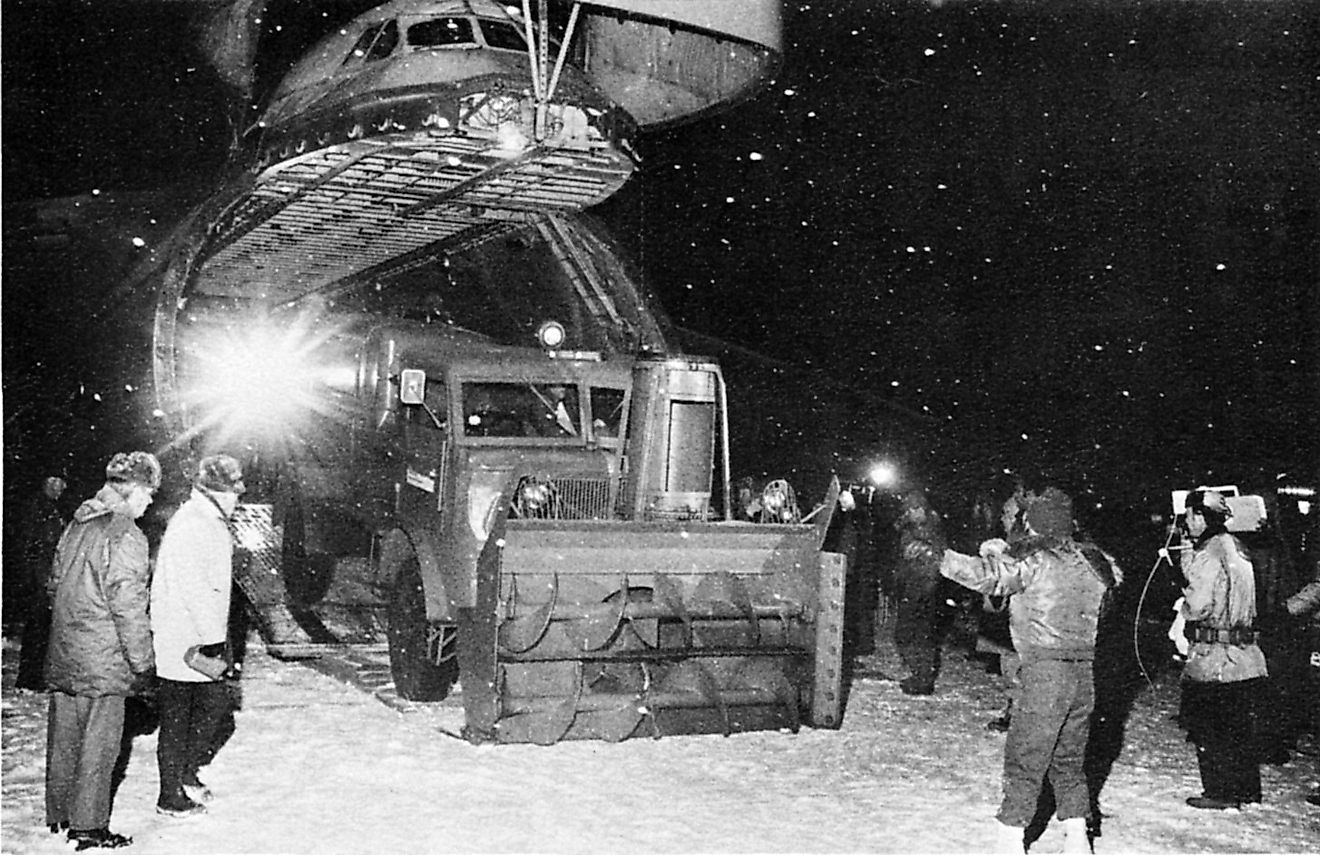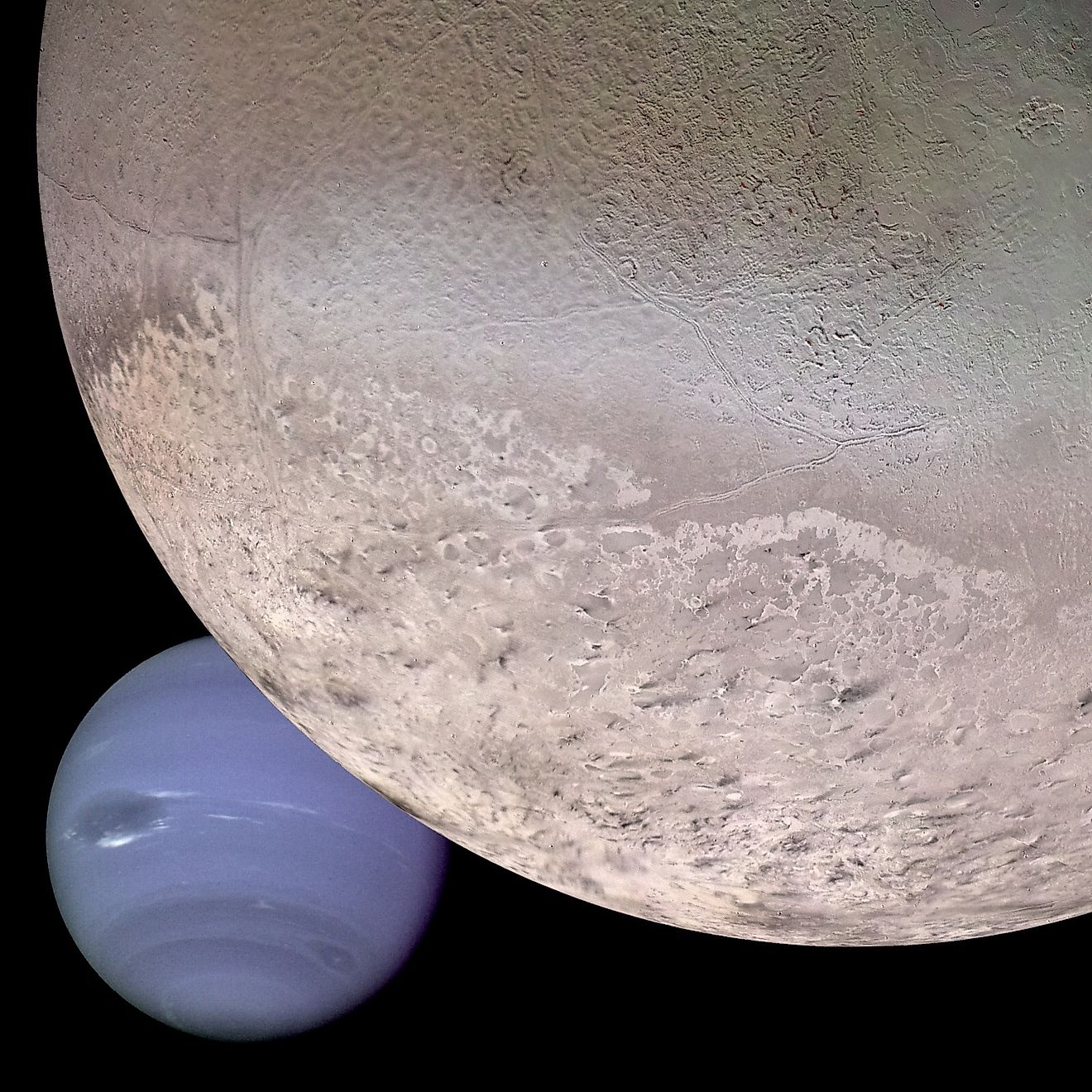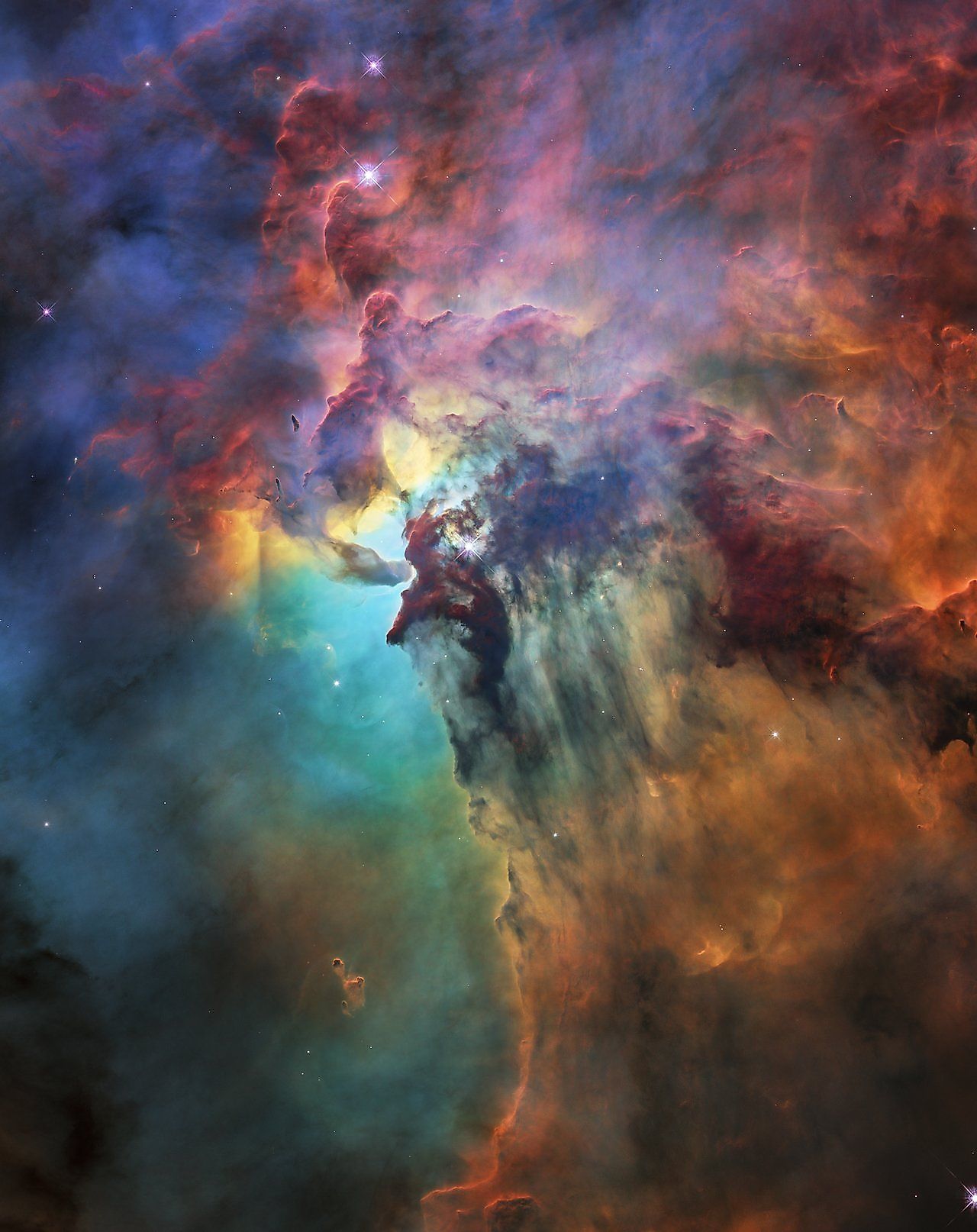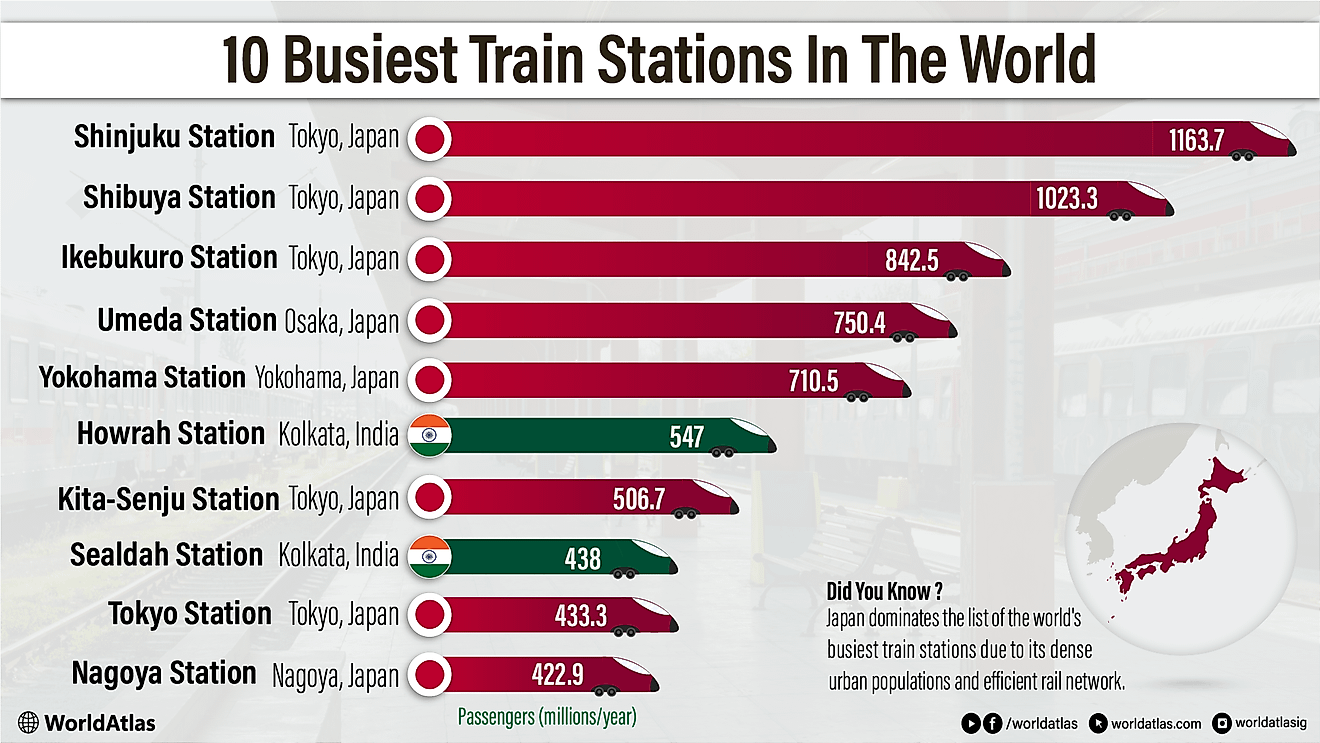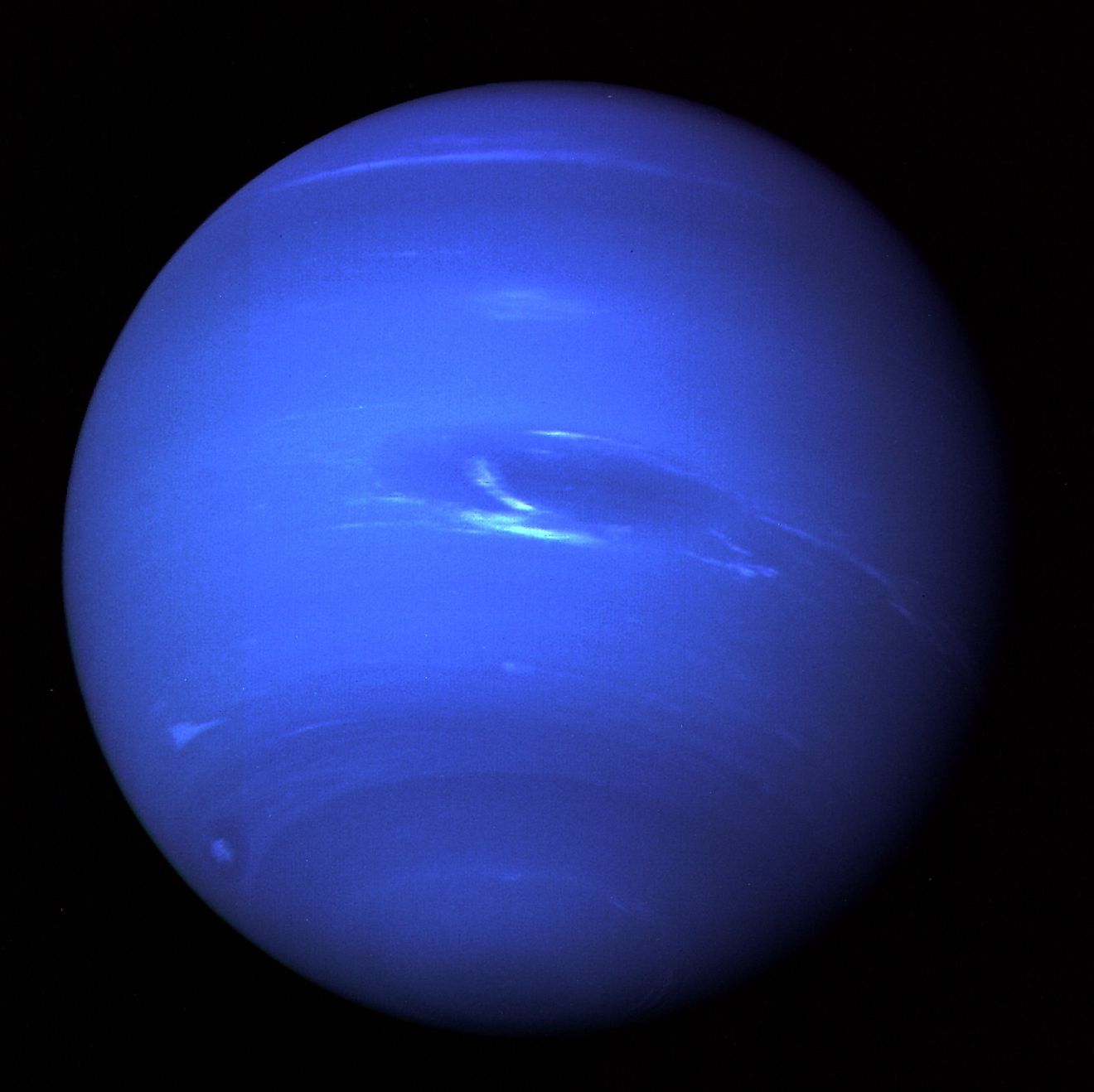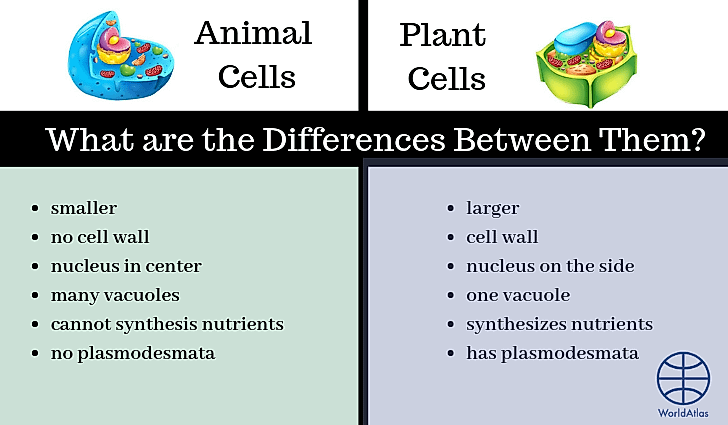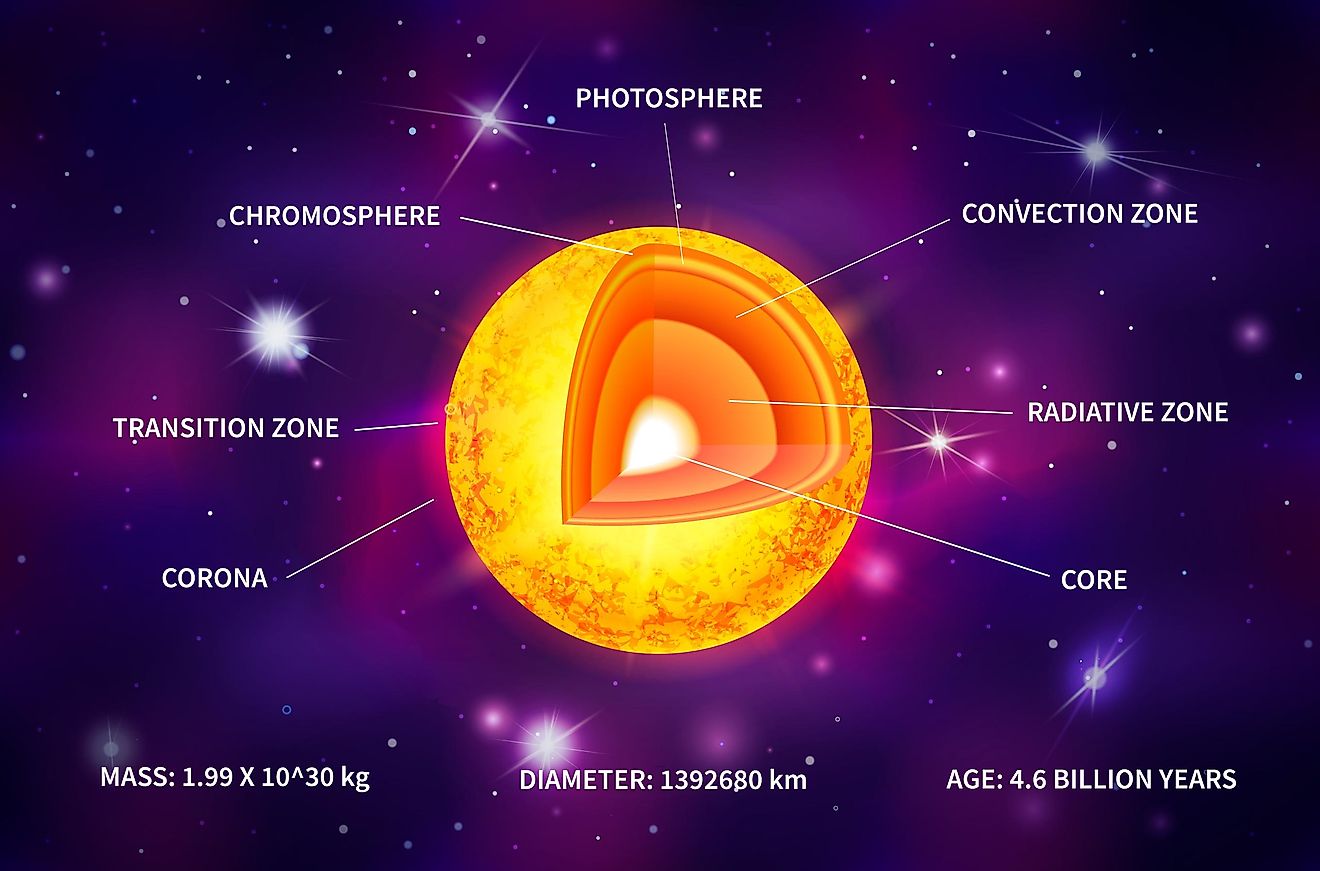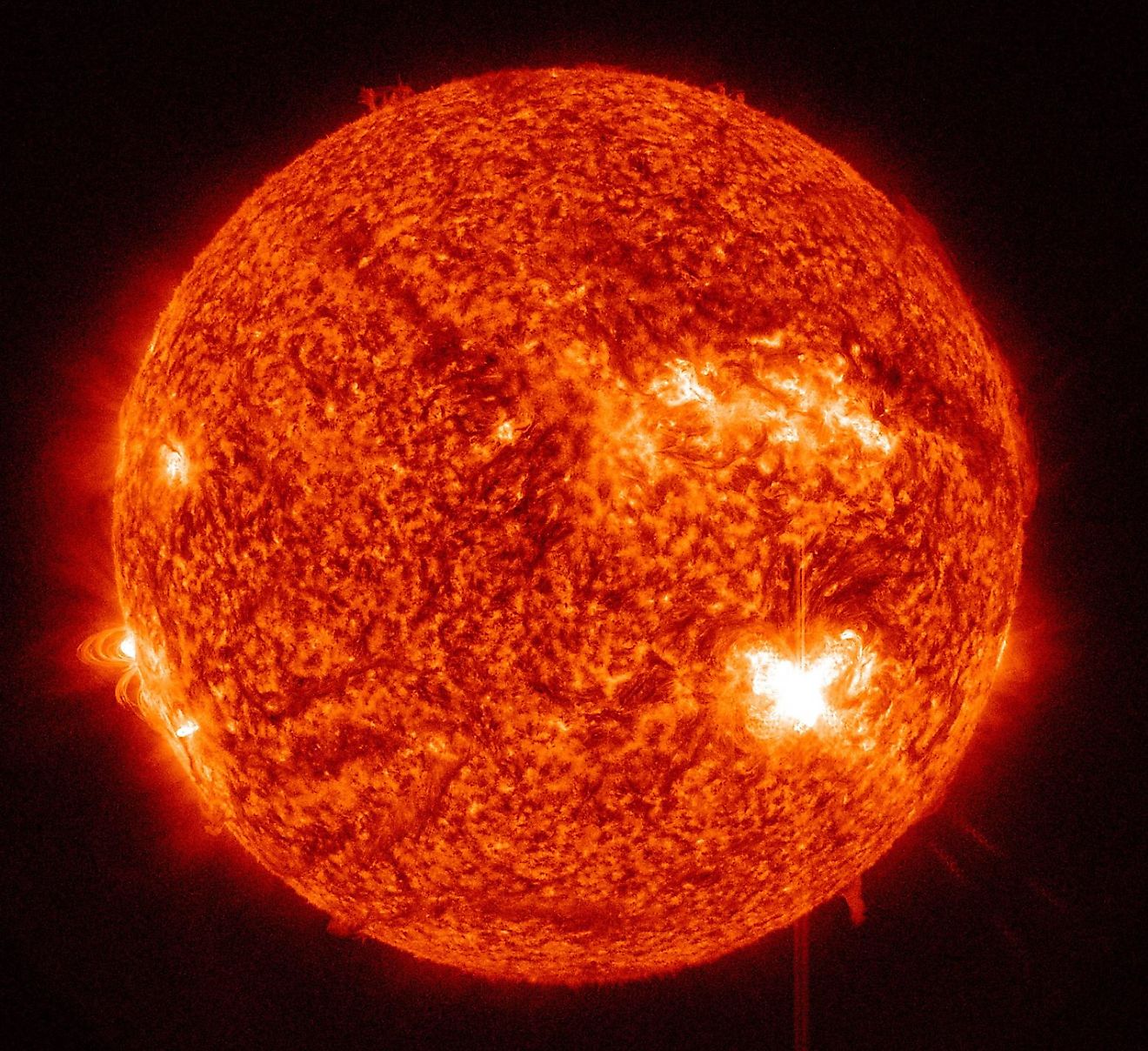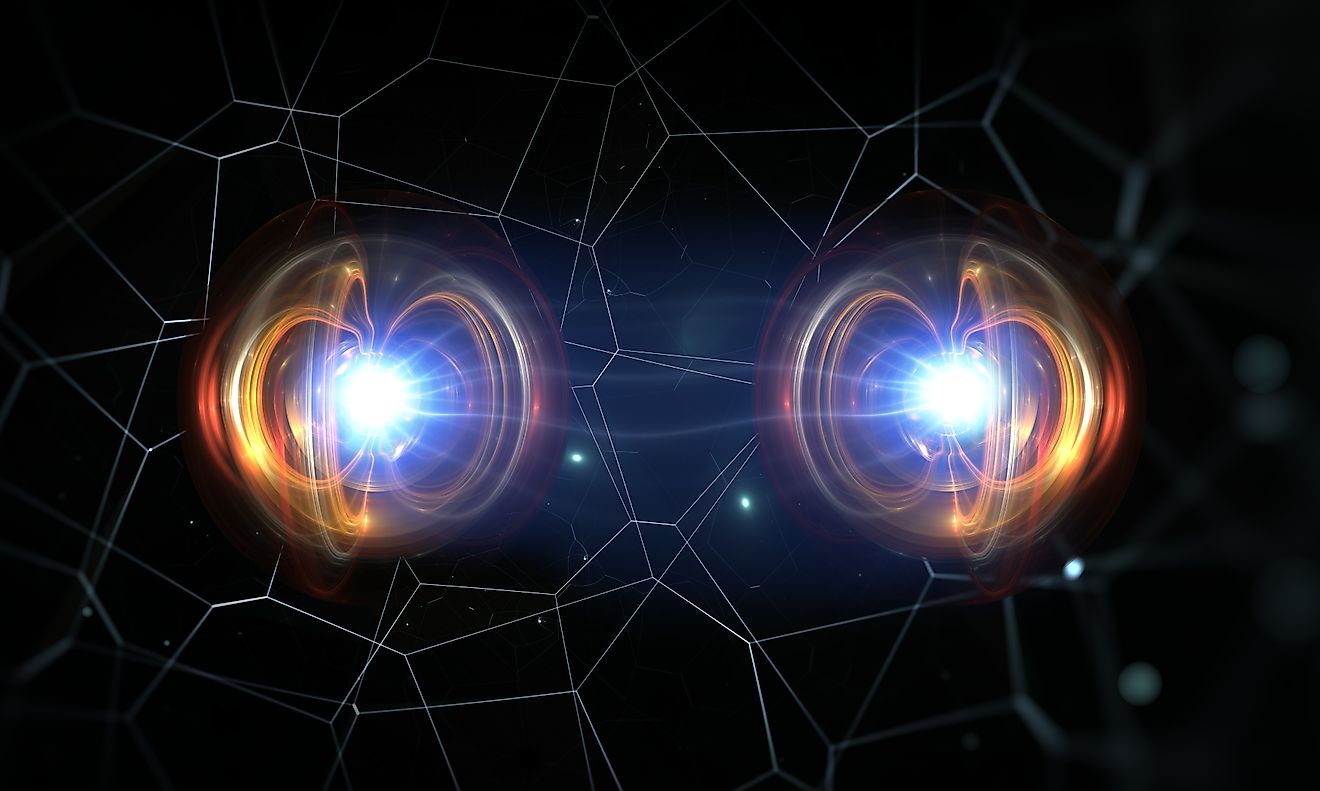
Speed Of Sound vs Speed Of Light
The speed of sound and the speed of light are two common concepts that most of us likely learn about at some point in life. Both are defined rather simply, with the speed of sound being the speed that sound travels, and the speed of light being the speed at which light travels. Although these two concepts may sound similar, they are in fact radically different from one another. What are some of the differences between them?
Speed
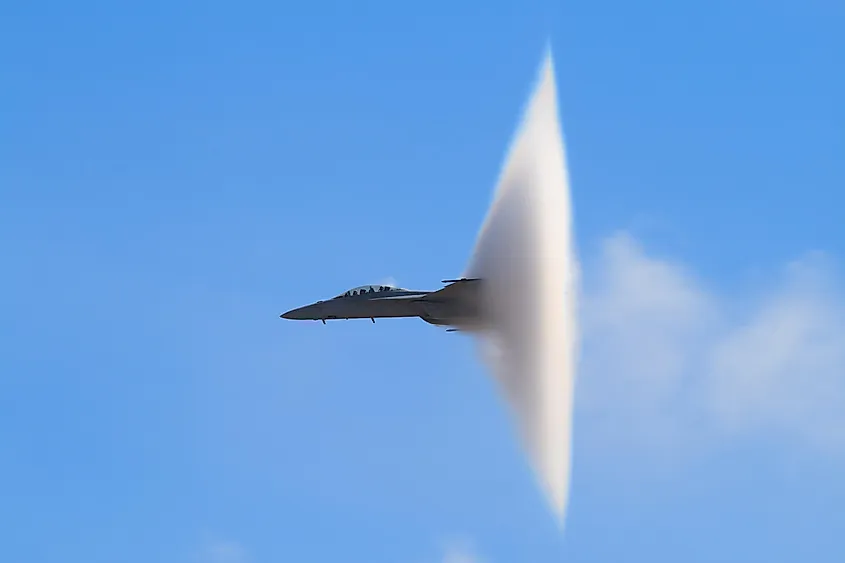
The first notable difference between the speed of sound and light is how fast they are. In Earth’s atmosphere, the speed of sound averages at about 761-miles per hour (1,225-kilometres per hour). That may seem fast, yet when compared to the speed of light, it seems quite small. Light travels at a staggering 670-million miles per hour (1.07-billion kilometres per hour). That’s around 880,000 times faster than the speed of sound.
Sound Must Have A Medium
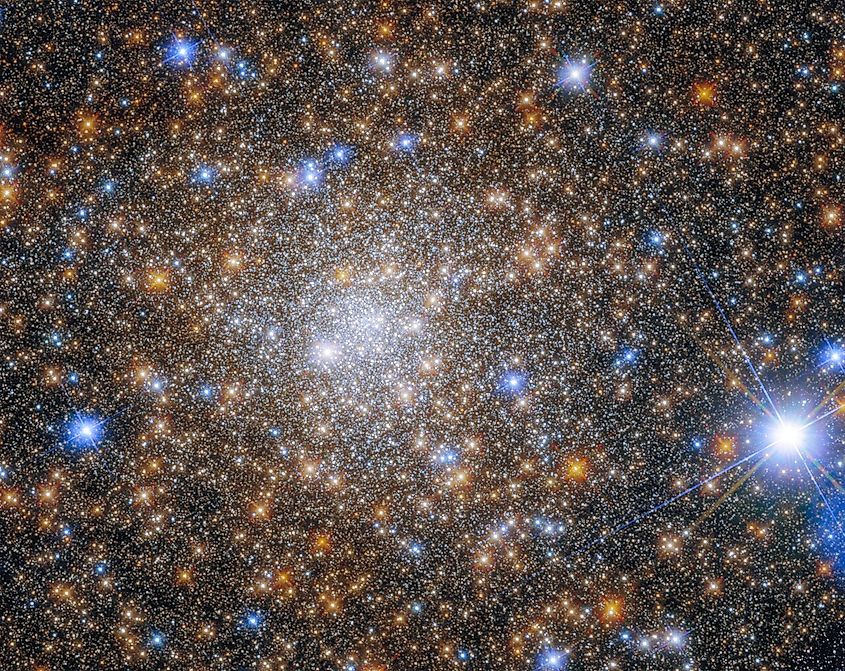
In order for sound to exist, it must have a medium to travel through. For sound, this medium is air, and that’s why sound does not exist in the emptiness of space. Meanwhile, light does not need a medium to exist. Rather, light travels independently of any medium, and thus it can travel through space, unlike sound.
The Speed Of Light Is Constant
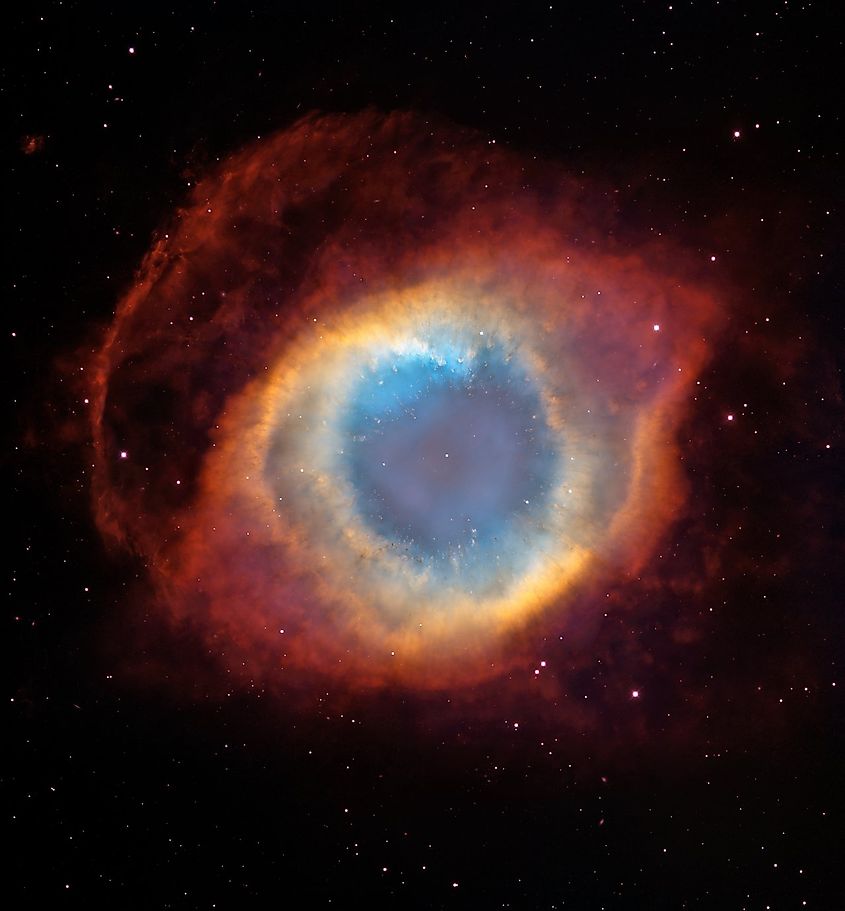
Another notable difference between light and sound is that the speed of light is constant while the speed of sound is not. Since the speed of sound requires air to exist, its speed is dependent upon the density and temperature of air. For example, when we say that sound travels at 761-miles per hour, this is only the case at sea level and when temperatures are around 59-degrees Fahrenheit (15-degrees Celsius). If you are at a higher elevation where the density of air is lower and temperatures are colder, the speed of sound will be different. Thus, the speed of sound varies. Light, however, has no such constraint. Rather, the speed of light is constant regardless of any other factor. No matter the conditions, it always travels at the same speed.
Things That Can Move Faster Than Sound
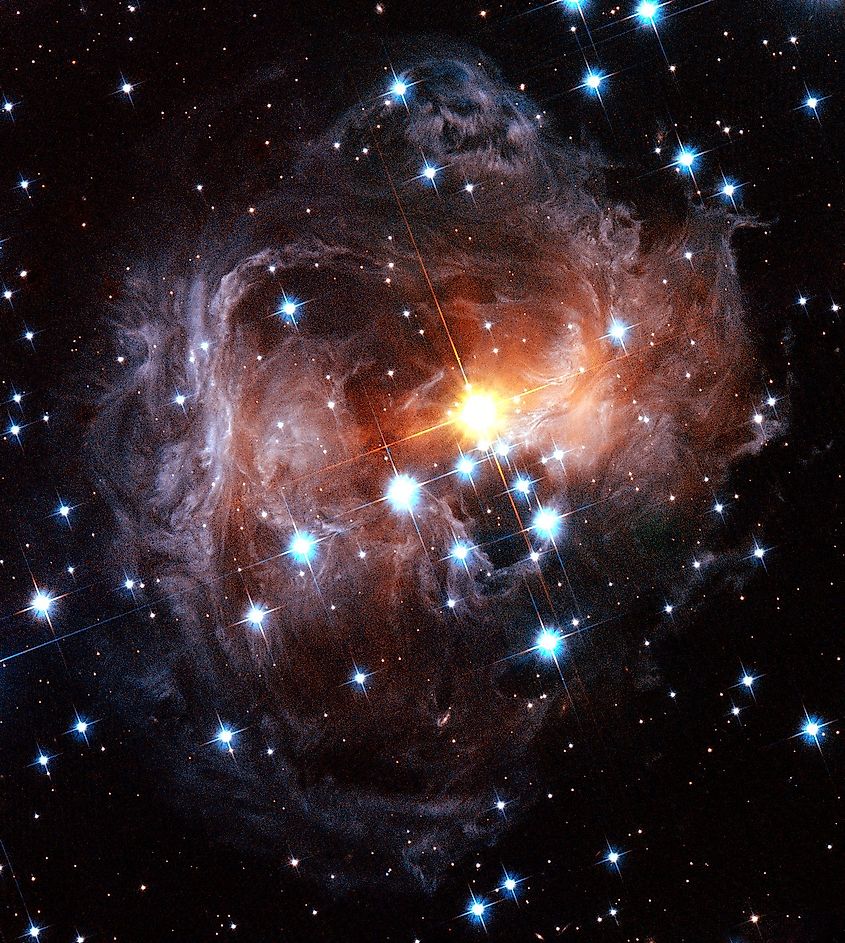
The speed of sound is fast, yet it is by no means the fastest thing in the universe. It is not even the fastest thing on Earth. Human’s have broken the sound barrier countless times, a speed known as supersonic speed. Light is a different story, however. The speed of light is a fixed law of nature, and it represents the fastest possible speed anything can move at. No matter how hard we try or how advanced technology becomes, the current understanding of the cosmos is that the light barrier cannot be broken. Thus, the speed of light is like a cosmic speed limit.
